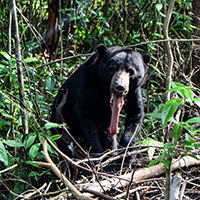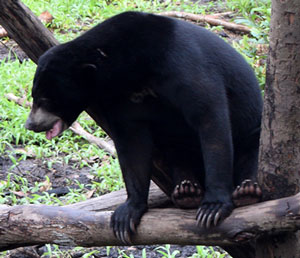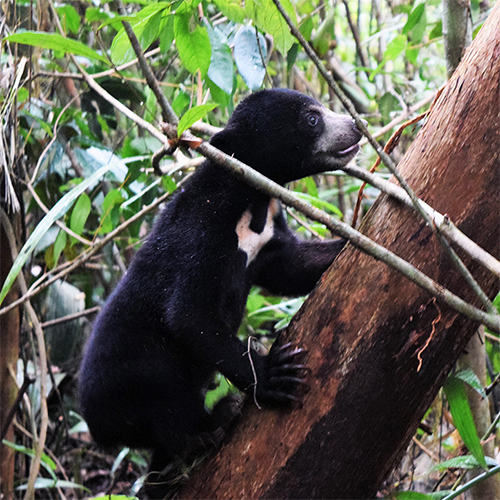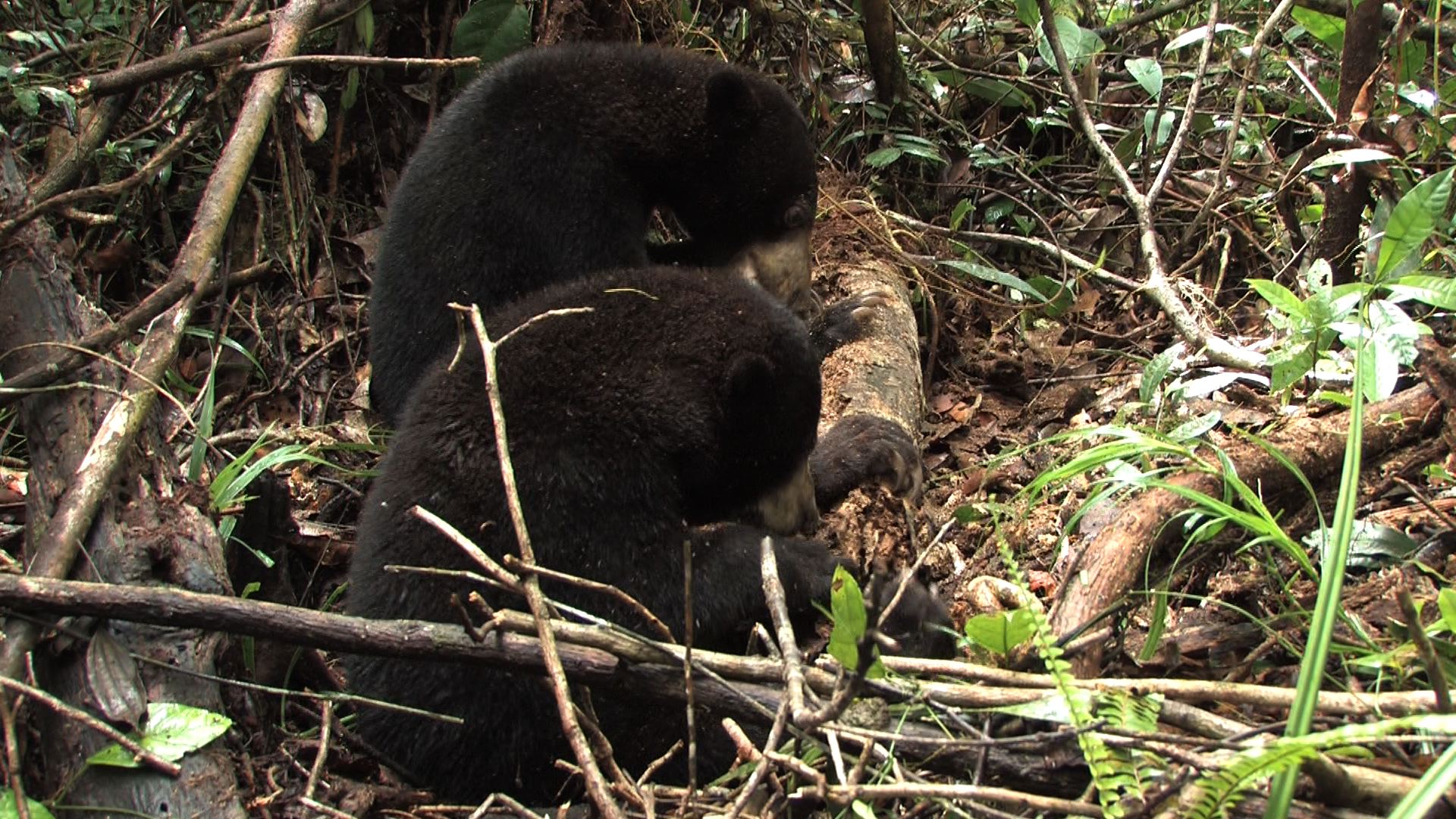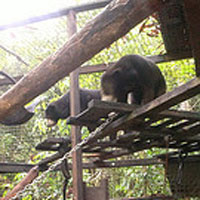It is hard to believe that on a glorious hot day in May 2018, in amongst a quiet forest, the almost soundless patter of bear paws on leaves actually represented… Continue reading The four Bears from Pontianak: Bears of May 2020
The four Bears from Pontianak: Bears of May 2020
